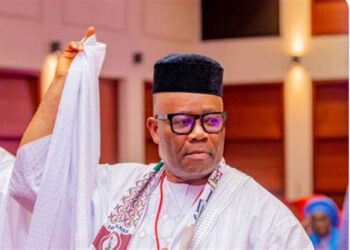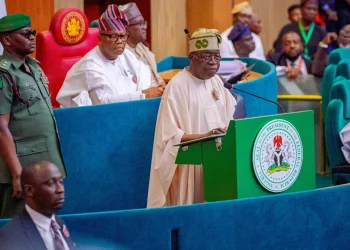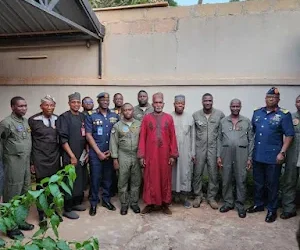The Economic and Financial Crimes Commission has directly linked the visa restrictions and denials faced by law-abiding Nigerians abroad to the proliferation of internet fraud activities commonly known as “Yahoo Yahoo” operations within the country.
EFCC Chairman Ola Olukoyede made this connection during an address to youths in the South-South region, urging them to resist the temptation of internet fraud and other financial crimes. Speaking through the Head of the Advance Fee Fraud Section at the Port Harcourt Zonal Directorate, Chief Superintendent Coker Oyegunle, Olukoyede described fraud as a destructive trap that ultimately ruins lives and future prospects.
The warning was delivered on Monday, September 15, 2025, during an event organized by the Coalition of Nigerian Youth on Security and Safety Affairs in Port Harcourt, Rivers State. The gathering focused on uniting South-South youths in combating various criminal activities including cultism, pipeline vandalism, internet fraud, money laundering, drug abuse, human trafficking, and economic sabotage.
Olukoyede cautioned young people against being deceived by the apparent quick profits from fraudulent activities, emphasizing that such gains are temporary and come with severe long-term consequences. He warned that while fraud might seem to offer easy money, participants inevitably face shame, imprisonment, and missed opportunities as law enforcement agencies intensify their crackdown on cybercrime.
The EFCC chairman stressed that fraudsters cannot escape justice indefinitely, noting that digital evidence leaves permanent traces that investigators can follow. He reminded potential criminals that their online activities create lasting digital footprints that authorities can use to track and prosecute offenders even years after crimes are committed.
Beyond individual consequences, Olukoyede highlighted the broader national impact of internet fraud, describing it as economic sabotage that costs Nigeria billions of naira annually. According to the EFCC chairman, these crimes significantly undermine national economic growth while depriving citizens of essential infrastructure development, employment opportunities, and other benefits that legitimate economic activity would provide.
The chairman emphasized that internet fraud, along with money laundering and other economic crimes, causes substantial damage to Nigeria’s international reputation. This reputational harm, he explained, results in innocent Nigerian citizens facing stricter visa restrictions and heightened scrutiny when traveling abroad, even when they have no connection to criminal activities.
Olukoyede urged Nigerian youths to channel their energy and intelligence into creative and innovative pursuits rather than illegal schemes. He positioned young people as the driving force of the nation’s development, arguing that their choices between fraud and legitimate activities will determine Nigeria’s future competitiveness on the global stage.
According to the EFCC chairman, youths who choose



















